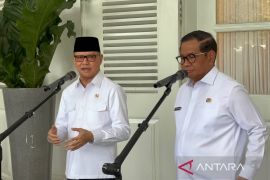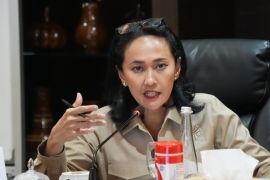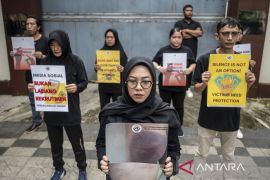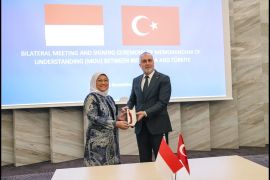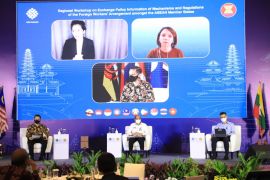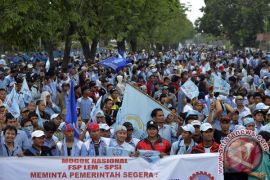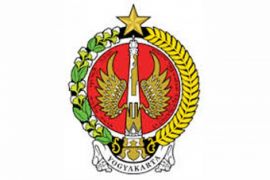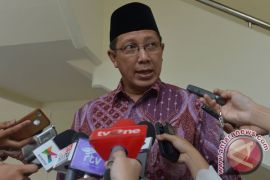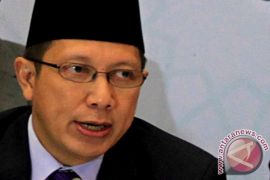"Law Number2 of 2000 on worker/labour associations should have made workers strong, but internal conflicts among unions have so far weakened them," Lukman Hakim, chief of LIPI, the Indonesian Institute of Sciences, said here on Tuesday.
At a seminar on "Opportunities and Challenges of Labour Movements in Indonesia after Reform", in LIPI Building, Lukman said that because of internal conflicts, the labour movements` achievements after the reform were not as spectacular as the freedom they gained.
"Besides the conflict of interests among union executives, the quality of human resources has also been a main factor behind it," he noted.
Lukman said the pattern of their struggle so far had been too normative, in that the workers only took to the streets.
He stated that the workers could become a power to be reckoned with if they focused on capacity, as well as on dialogues with government institutions and employer associations.
"Indications on how weak the labour movement was could also be seen in the results of the last general elections. Political parties who fought for labour`s cause did not even get full support from workers," Lukman said.
He added that labour movements also continued having disharmonious relationship with employer associations and the government.
"The main trigger of labour disputes is the low minimum wage, which is only around 88 percent of the Appropriate Living Component index. The workers` real wage index since 2002 has been below the rate of inflation, reducing the Indonesian workers` purchasing power," Lukman explained.
He said the Investment Coordinating Board had even made the workers` low wages a part of its promotional materials to allure investment.
"In broader terms, labour disputes generally arise from the provisions in Law Number 13 of 2003 on manpower, which tend to potentially cause conflicts," Lukman added.
In view of that, he reiterated the need to revise the law so that labour movement could be stronger and the relationship between the government, employers, and workers be more harmonious.
According to ILO data, there are 90 national labour federations, six big confederations, and around 11,000 worker and labour unions that have been set up and registered since 2011.
A total of 192 labour strikes were recorded in 2010, which involved 125,784 workers and caused the loss of 812,131 working hours. The number of disputes in the year reached 612.
Indonesian workers have planned to mark the anniversary of Labour Day on May 1 with rallies.
(SYS/KR-BSR/F001)
Editor: Suryanto
Copyright © ANTARA 2012


